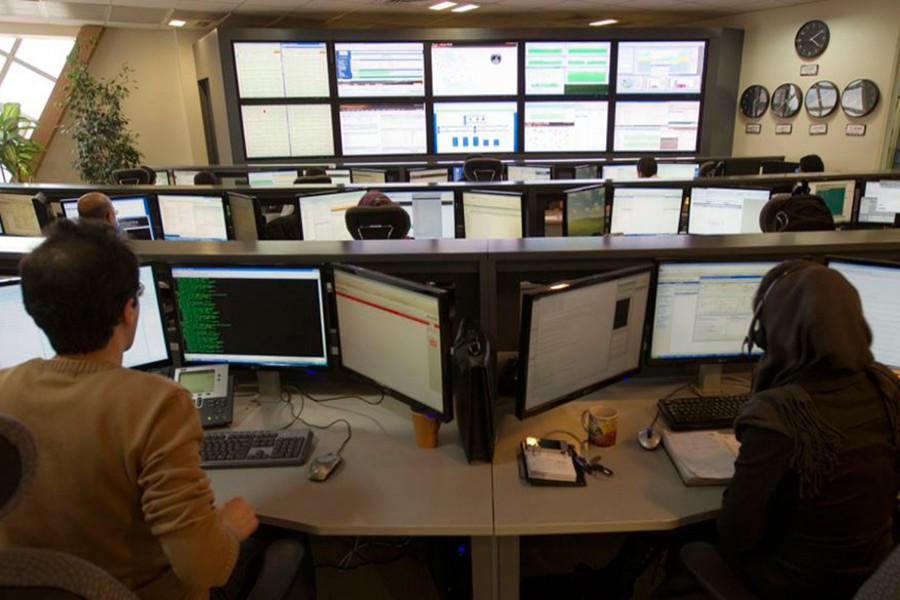State-sponsored internet will filter out 'Western' content and to crackdown on what Iranians can and cannot see.
In an effort to 'de-Westernise' and maintain control over internet users and the spread of information, the Iranian government has revealed a state-sponsored internet known formally as the National Information Network. This new service, nicknamed the “halal” (lawful) internet, is another ploy by the Iranian state to limit the spread of information into and around Iran, The Media Line reports.
“The network is basically a government effort to create a nationally controlled internet,” Sanam Vakil, an associate fellow at Chatham House, an international affairs think tank, in London, told The Media Line. “Iran is a state that has heavy internet censorship so a national internet would be a way to provide increased government control.”
This state-sponsored internet acts more as an intranet, which is essentially a private network controlled by an organisation, which, in this case, is the Iranian government. In this type of system, all users are identifiable and the state controls what users can and cannot see. These types of systems are common in workplaces and other large organisations to control what employees can and cannot access at the workplace.
“It is a more managed, internal internet,” Gabi Siboni, head of cyber security at the Institute for National Security Studies at Tel Aviv University, told The Media Line.
The Islamic Republic of Iran, which is a theocracy, has been vehemently anti-Western since the Iranian Revolution of 1979, which overthrew the dictatorial monarchy and instead introduced all-powerful religious figures, known the ayatollahs. Since then, the country has opposed all things Western, blaming the West and American infiltration for being oppressed prior to the 1979 coup.
The state has maintained a tight grip on the press and the spreading of information in and around Iran, which is ranked 169 out of 180 for lack of press freedom by the Press Freedom Index compiled by Reporters Without Borders, an NGO dedicated to defending media freedom. In a country where journalists are arrested and sometimes beheaded, publishing anything anti-government or anti-Islam on websites or social platforms is often grounds for arrest.
“There is no open freedom of information or freedom of the press in Iran,” Vakil said. “This new service is an effort to have more institutionalized control over the internet and, particularly, the freedom of information.”
Both the government and the clergy fear Western infiltration, especially through the world-wide Internet. Thus, creating an intranet can keep Western topics, from pornography to fashion, out of Iran.


